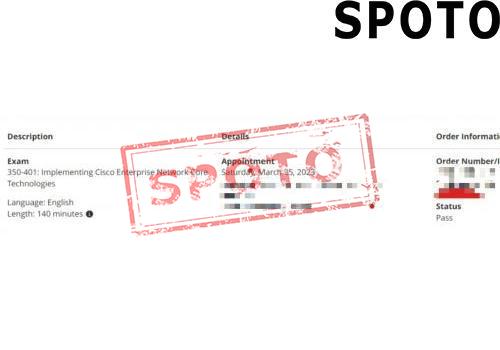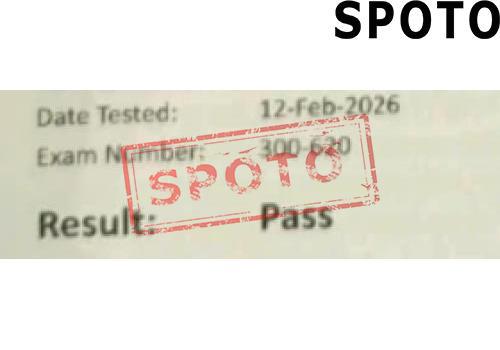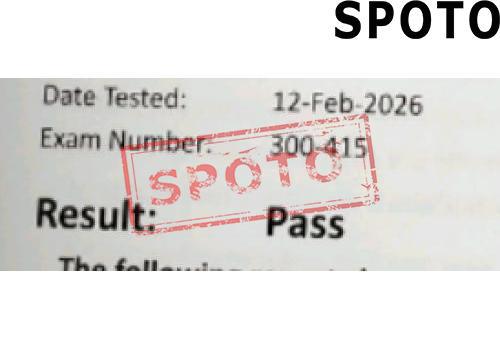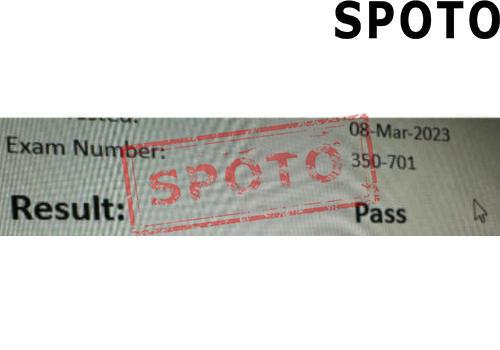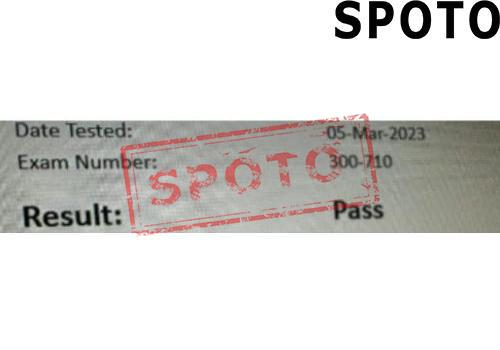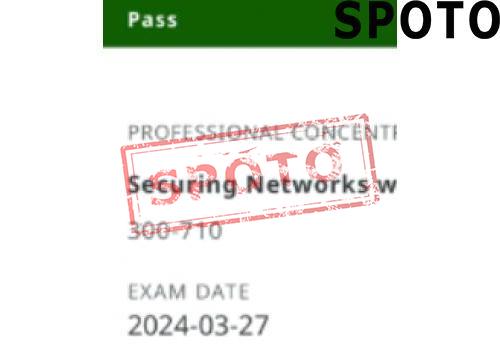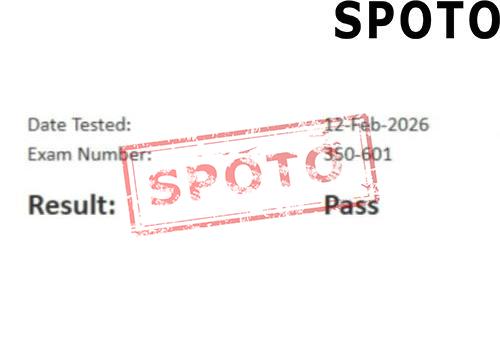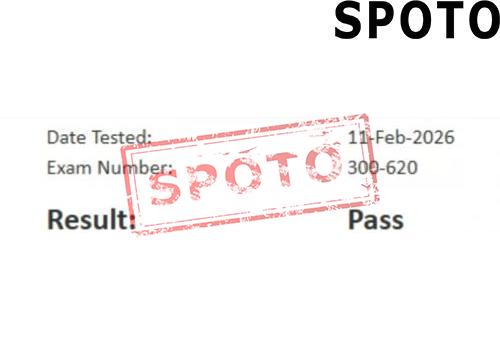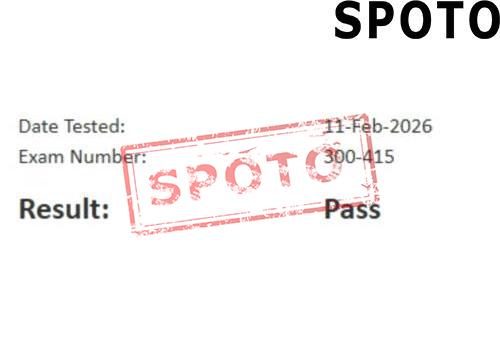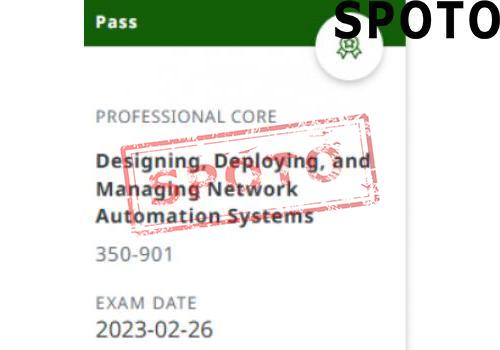
Table of Contents
The Cisco Certified Network Professional (CCNP) certification is a major stepping stone for networking professionals aiming to advance their careers. However, many candidates fail the CCNP exams, not because they lack intelligence or dedication, but because they approach their studies the wrong way.
If you're preparing for CCNP, you need to avoid common pitfalls and adopt study techniques that actually work. This article will highlight the most frequent mistakes CCNP candidates make and provide strategies to ensure you pass on your first attempt.
Common Mistakes That Lead to Failure
1. Relying Solely on Theoretical Knowledge
One of the biggest mistakes candidates make is focusing too much on theory and neglecting practical application. The CCNP exams, especially ENCOR (Enterprise Core), require deep hands-on experience.
Solution:
-
Set up a home lab using real Cisco devices or virtual tools like Cisco Packet Tracer, GNS3, or EVE-NG.
-
Practice configuring OSPF, EIGRP, BGP, VLANs, and security features in a real-world environment.
-
Troubleshoot network scenarios instead of just reading about them.
2. Using Outdated Study Materials
Cisco updates its exams regularly, and many candidates unknowingly use outdated study resources that no longer align with the current CCNP exam blueprint.
Solution:
-
Always refer to Cisco's official exam topics to ensure you're studying relevant content.
-
Use updated Cisco Press books, official training courses, and vendor-approved online platforms.
-
Join forums like Cisco Learning Network and Reddit's networking community to stay informed about changes.
3. Memorizing Concepts Instead of Understanding Them
Many candidates try to memorize exam questions, commands, or configurations without truly understanding how and why they work. The problem? The CCNP exams are designed to test deep comprehension, not rote memorization.
Solution:
-
Instead of memorizing commands, learn what each command does and how it applies to different networking scenarios.
-
Use real-world examples to reinforce your understanding.
-
Explain concepts out loud or teach them to someone else to solidify your knowledge.
4. Ignoring Practice Exams
Many candidates assume that reading books and watching video courses is enough. However, without taking practice exams, they fail to gauge their readiness and struggle under real exam conditions.
Solution:
-
Take mock exams under timed conditions to simulate the real test.
-
Analyze your mistakes and review weak areas until you consistently score above 85-90%.
-
Use practice tests from SPOTO or official Cisco exam prep tools.
5. Skipping the Official Cisco Labs
Cisco provides official practice labs, but many candidates ignore them, thinking they are unnecessary. The lab sections of CCNP exams require hands-on problem-solving skills, and skipping practical practice is a surefire way to fail.
Solution:
-
Work through Cisco's official CCNP labs and online simulations.
-
Practice troubleshooting different configurations rather than just setting them up.
-
Challenge yourself with real-world networking issues to improve your analytical skills.
6. Not Managing Time Effectively
Time management is crucial during the CCNP exam. Candidates often get stuck on difficult questions and run out of time before answering all the questions.
Solution:
-
During practice exams, train yourself to move on quickly from difficult questions and return to them later if time permits.
-
Use the elimination method to rule out incorrect answers efficiently.
-
Allocate a set time per question and stick to it.
7. Studying Without a Clear Plan
Many candidates start studying randomly without a structured plan, leading to inefficiency and wasted time.
Solution:
-
Create a study schedule covering all exam topics and stick to it.
-
Use the 80/20 rule: Focus 80% of your time on high-weighted exam topics and 20% on lesser-weighted ones.
-
Set milestones (e.g., finish routing topics in two weeks, complete security modules in one week, etc.) to track progress.
Effective Study Strategies for CCNP Success
Now that you know what NOT to do, here are some best practices to ensure you pass your CCNP exam on the first attempt.
1. Follow a Structured Study Plan
Break your study schedule into manageable chunks:
-
Weeks 1-3: Focus on fundamentals (Routing, Switching, VLANs, VPNs).
-
Weeks 4-6: Deep dive into advanced topics like BGP, OSPF, MPLS, and SD-WAN.
-
Weeks 7-8: Practice labs and simulations daily.
-
Final Week: Take full-length practice exams and review weak areas.
2. Mix Theory with Hands-On Labs
-
Read one chapter or watch a video, then immediately apply what you learned in a lab environment.
-
Focus on real-world troubleshooting scenarios, as CCNP heavily tests problem-solving abilities.
3. Join Online Study Groups
-
Engage in CCNP discussion forums, WhatsApp groups, or Discord communities.
-
Participate in study challenges and ask for explanations when you don't understand a concept.
4. Take Advantage of Cisco's Official Training and Resources
-
Enroll in Cisco Learning Network for updated training materials.
-
Use Cisco Packet Tracer for quick labs and simulations.
-
Follow Cisco's official blueprint to avoid studying unnecessary topics.
5. Maintain Consistency and Avoid Burnout
-
Study in short, focused sessions rather than cramming.
-
Take regular breaks to maintain mental clarity.
-
Get adequate rest before the exam to ensure peak performance.
Conclusion
Failing the CCNP exam is often the result of studying inefficiently, not a lack of ability. By avoiding common mistakes like relying only on theory, using outdated materials, and skipping hands-on labs, you can significantly increase your chances of passing.
Approach your CCNP preparation with a structured plan, hands-on practice, and regular self-assessment. With the right mindset and strategy, you won't just pass—you'll excel and take your networking career to the next level!
